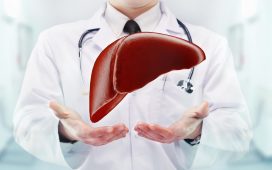Fatigability and poor endurance significantly higher in older adults with cancer history
FRIDAY, March 23, 2018 (HealthDay News) — A history of cancer is associated with fatigability and poor endurance, particularly in older adults, according to a study published recently in Cancer.
Gillian Gresham, Ph.D., from Johns Hopkins University in Baltimore, and colleagues assessed fatigability (Borg rating of perceived exertion scale after a five-minute, slow treadmill walk), endurance performance (ability and time to complete a fast-paced, 400-meter walk), and cancer history every two years among participants in the Baltimore Longitudinal Study of Aging (2007 to 2015).
The researchers found that 20 percent of participants (334 of 1,665) reported a history of cancer. Greater odds of high perceived fatigability and poor endurance were seen among participants who were >65 years old (odds ratio, 3.8) and with a history of cancer (odds ratio, 8.6; both P < 0.01). Among those who had a history of cancer, the median times to the development of high fatigability and poor endurance were shorter versus those who had no history of cancer (P < 0.01).
“The current findings suggest that a history of cancer is associated with fatigability and poor endurance and that this effect is significantly greater in older adults,” the authors write. “Evaluating the effects of cancer and age on fatigability may illuminate potential pathways and targets for future interventions.”
Copyright © 2018 HealthDay. All rights reserved.








